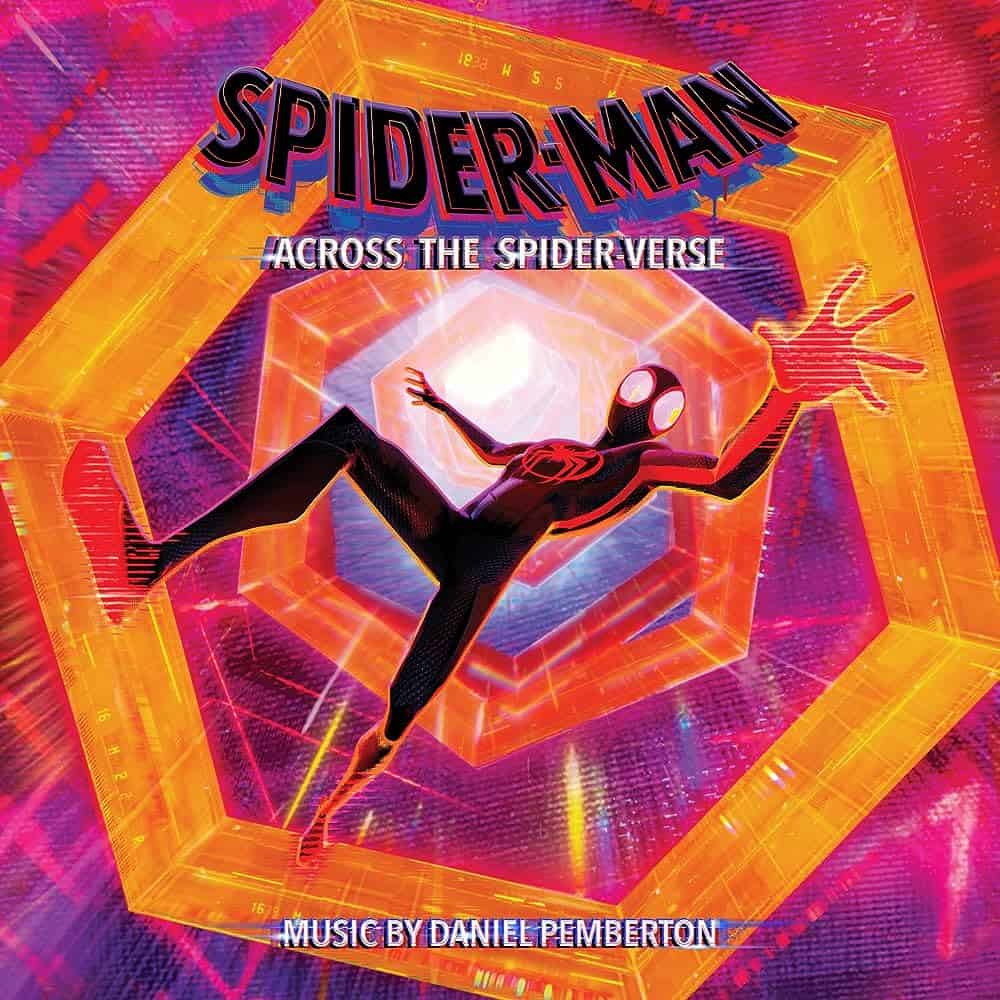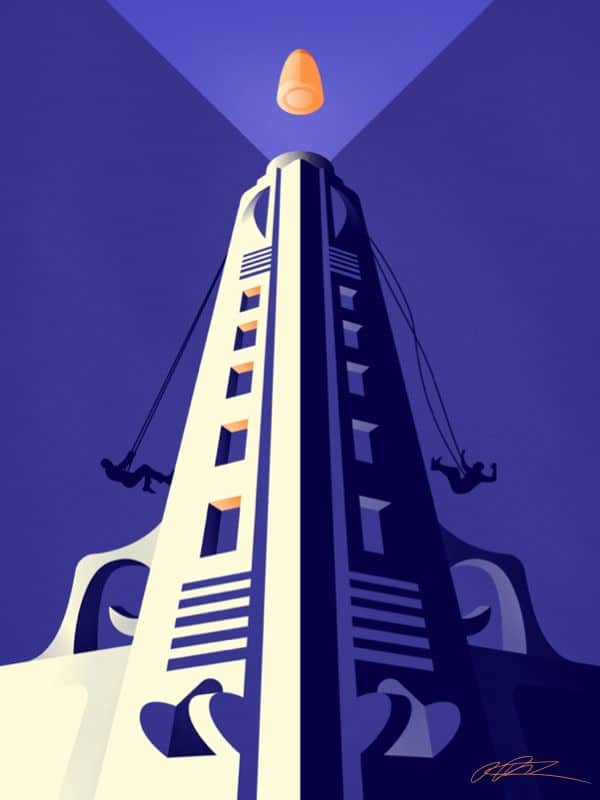The BAFTAs air on February 18th, and mark the second-to-last stop in awards seasons (with the Oscars seemingly still a ways away). The nominees are almost entirely made up of ones we’ve seen fill every other list all season, save for Anthony Willis’s Saltburn, which simply wasn’t quite as successful critically as the other four. Despite that, the slate are largely fresh faces in the BAFTA space, with three first-time nominees and two second-time nominees (at least when looking solely at film).
At this point, it’s probably safe to assume that Ludwig Göransson will win for Oppenheimer, followed-up by a win at the Oscars, for yet another sweep at the major awards in the best original score category. It would be deserved, as it’s a great score, but we long for a little surprise here and there. Read on to find out a little bit about each score, and be sure to check each out as they’re all worth a listen. Don’t want to read? Scroll to the bottom to listen to me talk about these and the Oscars instead.
Nominees:
- Killers of the Flower Moon – Robbie Robertson (Interview)
- Oppenheimer – Ludwig Göransson
- Poor Things – Jerskin Fendrix (Interview; Review)
- Saltburn – Anthony Willis
- Spider-Man: Across the Spider-Verse – Daniel Pemberton (Interview)
KILLERS OF THE FLOWER MOON: Robbie Robertson’s first BAFTA nomination also comes from arguably his best score. With Killers of the Flower Moon, Robertson upends and subverts what we think of as a “western” score, taking familiar sounds and tropes and spinning them on their head. He gives native history a voice, and it’s one that sings in glory and in rage, a great triumphant apex ripped down by greed and malice and hate. A win here, or next month at the Oscars, would be a great posthumous honor for Robertson’s illustrious career, including with The Band as well as across decades working with Martin Scorsese.

OPPENHEIMER: At this point, Ludwig Göransson is a household name, having safely broken out of the confines of fame relegated solely to film circles. And yet, he’d never been nominated for a BAFTA. Now, he’s the odds-on favorite to win with his score for Oppenheimer. In my view, it’s one of the rare times where a wall-to-wall score greatly enhances the film, rather than sucking the life from it. Göransson’s score fully propels the film, making three hours of scientists talking and court hearings seem like the most riveting thing put to film. It’s energizing, breathtaking, relentless. The score is completely anachronistic, and yet given that the film’s subject matter is still so technically complex, it feels right at home; if the anachronism felt jarring, you’ve simply watched Oppenheimer wrong.
POOR THINGS: Jerskin Fendrix has set the film world alight with his first feature score, Poor Things. Listened to on its own, Fendrix’s score feel like something from another world, with bizarre sounds emanating from what are sure to be instruments not yet invented. It doesn’t simply push boundaries, it’s certainly too out there for many listeners. Yet when you hear it in context, it fits completely. Sonically, it’s the perfect companion to Yorgos Lanthimos’s steampunk-fantasy-alternate history film, giving an appropriately odd sound to this odd world. But when you dig beneath the aesthetics, you discover that it also tracks the emotional, spiritual, and humanistic growth of Emma Stone’s Bella Baxter, maturing alongside her in new instruments, colors, and complexity. Fortunately, Fendrix has told me he hopes to score more films, so this shouldn’t just be a one-off score.
SALTBURN: Anthony Willis ends up as one of the BAFTA veterans in this slate of nominees despite Saltburn being only his second nomination. The film’s setting (Oxford and a large English estate) and time period (the mid-2000s) give Willis plenty of ideas to work with. He starts with an arrangement of Handel’s coronation piece “Zadok the Priest,” setting the groundwork for a more symphonic, regal sound, into which he injects some more modern, clubbier elements as well.
SPIDER-MAN: ACROSS THE SPIDER-VERSE: Back in 2022 I’d somewhat erringly mentioned that Daniel Pemberton had secured his first BAFTA nom for Being the Ricardos. It was actually his fourth, but surprisingly only his first for film (he’d previously been nominated twice for tv and once for videogames). Spider-Man: Across the Spider-Verse marks his fifth overall nomination and second for film, and it’s arguably his best score to date. Simply put, Pemberton’s score shouldn’t work; the dizzying mix of genres, jumping again and again and again within each cue, should be an utter chaotic mess. And yet, it’s a true masterpiece. There’s a technical wizardry simply in making it all work, heightened by the emotional hooks the fill the music. While I assume Oppenheimer will win, this is the score to give Ludwig a run for his money.



